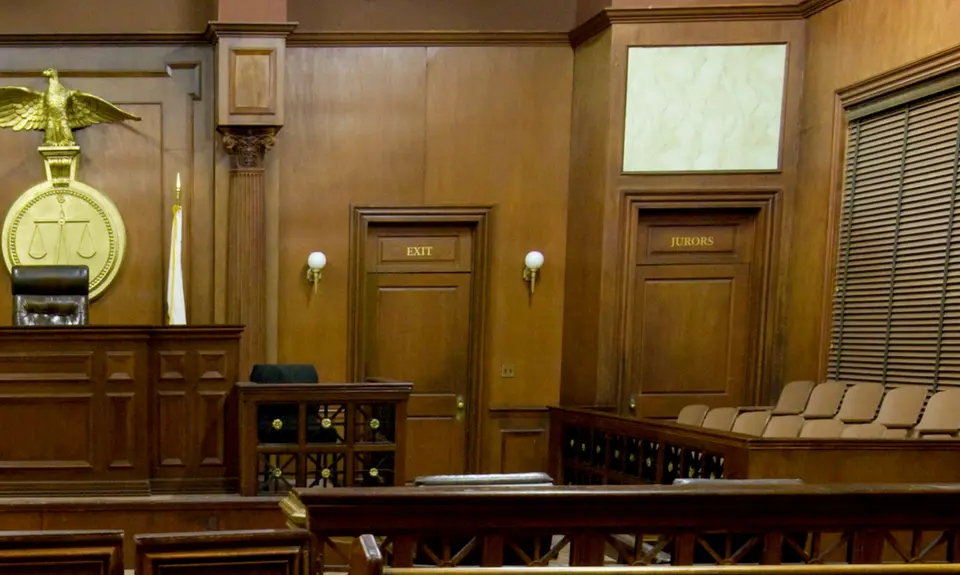“Confirmed Judges, Confirmed Fears” is a blog series documenting the harmful impact of President Trump’s judges on Americans’ rights and liberties. Cases in the series can be found by issue and by judge at this link.
Trump Fifth Circuit judge James Ho wrote a 2-1 decision ruling that an oil company supervisor who already made over $200,000 per year was also entitled to overtime pay. The December 2020 decision is Hewitt v Helix Energy Solutions Group, Inc.
Michael Hewitt worked for two years for Helix Energy Solutions as a supervisor of other employees on an offshore oil rig. He earned over $200,000 per year, but his pay was calculated “using a daily rate” rather than via a regular salary. Hewitt accordingly claimed that he was also owed overtime pay under the Fair Labor Standards Act whenever he worked more than 40 hours per week. A district court granted summary judgment against Hewitt because it concluded he was a “highly compensated employee” under Department of Labor (DOL) rules and Hewitt appealed.
In a 2-1 decision written by Trump judge Ho, the Fifth Circuit reversed. Ho claimed that according to other DOL regulations that Ho stated were applicable, someone like Hewitt who is paid on less than a weekly basis must also be paid overtime unless there is a “guarantee” of a “minimum weekly” amount “regardless of the number of days, hours or shifts worked,” and a “reasonable relationship” between the guaranteed amount and “the amount actually earned.” Hewitt did not qualify under either test, Ho continued, and so it was not enough that he was a “highly compensated employee” who earns more than $107,000 per year, per other DOL rules. Although he conceded that he “might very well” reach the opposite result based solely on “the statutes enacted by Congress,” Ho maintained that the result he reached was required by DOL regulations.
George H.W, Bush nominee Judge Jacques Wiener strongly dissented. Wiener explained that a different DOL regulation specifically provided that a “highly compensated employee” like Hewitt is not eligible for overtime if he or she “regularly performs” duties of an “executive, administrative or professional employee.” There was no dispute that this description applied to Hewitt, who earned a daily rate for every day he was on the job “regardless of the number of hours” he worked per day, was paid on a regular bi-weekly basis, and “made more than twice as much” as the then-$100,000 per year required for a “highly compensated employee.” As a “textualist,” Wiener went on, since Hewitt met the “highly compensated employee’ test, “there is no requirement” that he also meet the “reasonable relationship” test referred to by Ho. The majority opinion, Wiener wrote, threatens “lasting, negative repercussions” and “creates an unnecessary circuit split” with other courts of appeal.
Wiener concluded by urging the full Fifth Circuit to review Ho’s decision. He noted that Ho had severely criticized his dissent in a special concurrence that Ho had written to his own majority opinion, a concurrence that Wiener characterized, quoting Shakespeare, as “full of sound and fury, signifying nothing.” Among other remarks, Ho asserted that Wiener’s opinion would render some DOL regulations “a dead letter,” was premised on a “basic misunderstanding” of DOL rules, and was prompted by “an armada of oil industry amici’ who urged rehearing of the case.
Hewitt was not the first case in which Ho claimed that DOL rules required the payment of overtime to a highly compensated employee. In a different case a year earlier, Ho argued in dissent that a lawyer who earned more than $1000 per day was entitled to overtime pay under federal rules. Although what will happen in Hewitt remains unclear, there is little question that Ho’s view seriously undermines the basis for Congress’ requirement of overtime pay under the Fair Labor Standards Act.
Update: The full Fifth Circuit decided to rehear the case, and Trump judge Ho issued a full court decision, in which the other Trump judges provided the deciding votes, that reached the same result in September 2021. Judges nominated by other Republican presidents were again among the principal dissenters, with Judge Wiener commenting that "common sense" and a "reasonable reading" of the statute "demand" the opposite result and suggesting that the "original proponents" of the FLSA, including President Roosevelt, are "turning over in their respective graves" in reponse to Ho's ruling.
